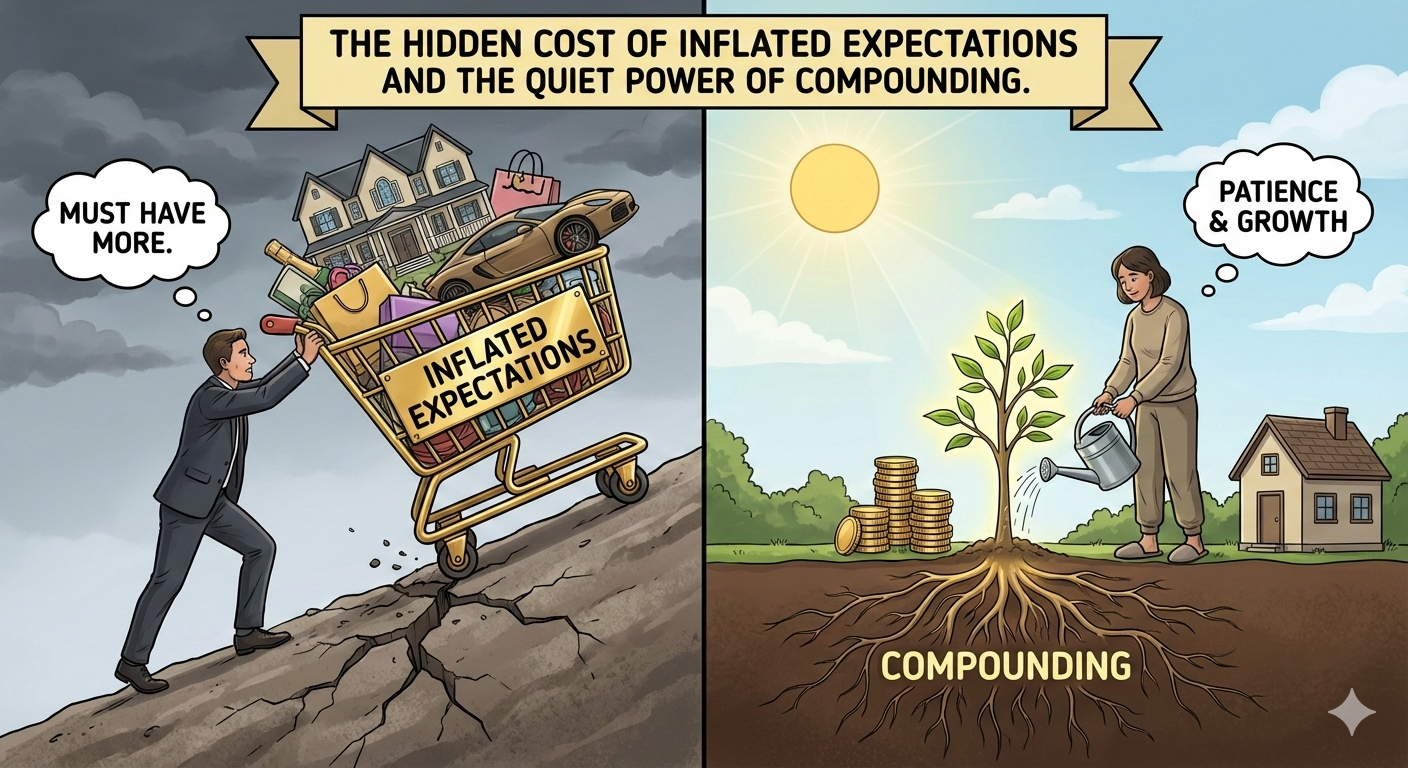Ep. 204 – Paul Fenner – How to Spot and Avoid IRS Tax Scams
According to The Kaplan Group, tax scams have resulted in 2025 YTD reported financial losses of $5,742,463.91. Monthly tax scam reports rose 62% year-over-year, from 227 in 2024 to 368 in 2025, and have increased by 323% since 2020. So what can you do to protect yourself?
To help you stay safe, here are three key takeaways:
The IRS will almost always contact you by MAIL first. If you get a text, email, or surprise phone call demanding personal information or payment, it's almost certainly a scam.
Phishing and "smishing" are at an all-time high. Scammers try to lure you with messages about fake refunds, threats, or "unusual activity." Never click suspicious links or share your personal info.
Double-check everything. Unsure about a tax communication? Review it with your tax professional, or check official IRS resources (linked on the podcast and IRS website). Remember—the IRS won't email or text you unless you've explicitly given permission.
Stay vigilant, and don't let scammers get between you and your hard-earned money!
Connect with Paul
Contact Paul here or schedule a time to meet with Paul here.
Follow Paul on LinkedIn, Instagram, and Facebook.
And feel free to email Paul at pfenner@tammacapital.com with any feedback, questions, or ideas for future guests and topics.
ADDITIONAL RESOURCES YOU MAY LIKE
1 Big Idea to Think About
Understanding how the IRS legitimately contacts taxpayers—primarily through mailed letters and not unsolicited texts or emails—is essential to protecting yourself from the dramatic rise in tax scams reported in 2025. Being able to recognize and verify official IRS communications is your best defense against falling victim to these increasingly sophisticated financial scams.
1 Way You Can Apply This
To guard against tax scams and protect your financial well-being, always remember that the IRS will typically contact you first by mail—not by email, text, or phone—unless you have given explicit permission. By double-checking the method of communication and consulting a tax professional about any unexpected notices, you can help keep your personal information secure and avoid falling victim to fraudulent schemes.
1 Question to Ask
Would I recognize a legitimate IRS communication versus a potential tax scam if I received one today?
Key Moments From the Show
00:00 Tax scams on the rise in 2025; $5.7 million reported, monthly scams up 62% year over year.
01:07 How the IRS communicates: letter comes first, not calls, emails, or texts.
02:22 What IRS letters mean—balance due, refund changes, delays, or corrections.
03:25 Reviewing IRS notices with a tax professional and avoiding scams.
04:19 IRS "Dirty Dozen" tax scam warning for 2025; phishing and smishing at the top.
05:45 How scammers trick through emails and texts—common tactics.
06:33 Final reminders: IRS contact rules, protecting your information, and where to get help.
Resources Featured in This Episode:
Dirty Dozen tax scams for 2025: IRS warns taxpayers to watch out for dangerous threats



